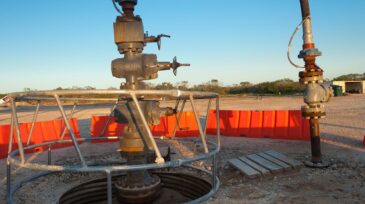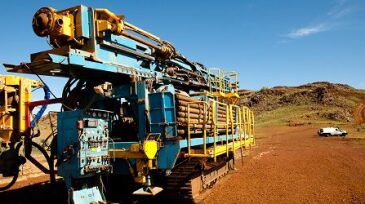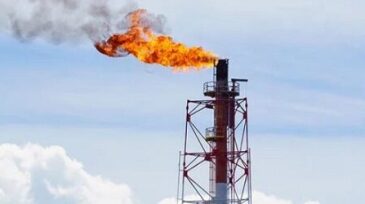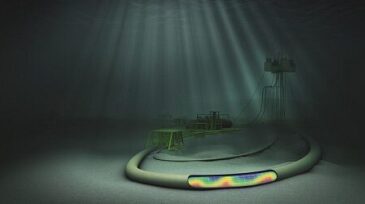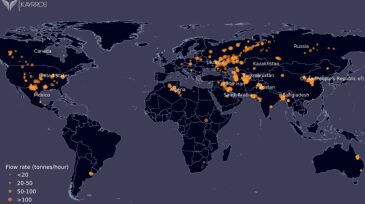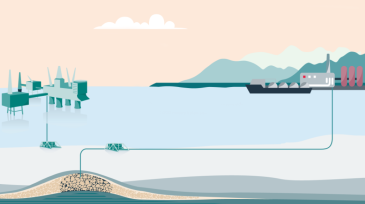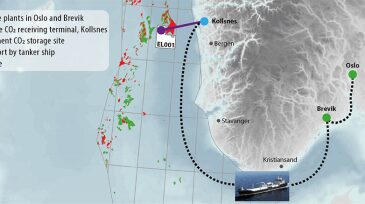HSE & Sustainability
A DNV report on decarbonization says the Middle East and North Africa region is expected to become the world’s largest hydrogen exporter by 2060 while maintaining a dominant position in global oil and gas markets.
The planned facility was designed to process 34 MMcf/D of associated gas into fully refined gasoline.
The newly named MTS brings together the full methane ecosystem, end to end—connecting technology, data, operations, and assurance across upstream, midstream, and beyond.
-
The Petroleum Safety Authority Norway is worried about a rising number of serious incidents in the industry and has asked the companies to prioritize work on safety.
-
IPIECA, the global oil and gas industry association for advancing environmental and social performance, has scheduled a virtual workshop for 2 November to look at methane science, regulations, voluntary initiatives, and global expectations.
-
Primarily used in a few US states, waste-slurry-injection technology could help operators reduce cost, while also potentially reducing their carbon footprint. But the process may still present technical and environmental challenges.
-
New regulations have recently commenced with the effect that all onshore oil and gas exploration and production proposals involving hydraulic fracturing in Western Australia now will need to be referred to the Environmental Protection Authority for assessment.
-
In 2019, the oil and gas industry experienced 25 deaths, according to a new report released by the International Association of Oil and Gas Producers. This compares with 31 fatalities in 2018.
-
A federal court struck down an Obama-era regulation targeting methane leaks from drilling on public lands, arguing that it went beyond the scope of the Bureau of Land Management, which promulgated the rule.
-
Future offshore oil and gas fields are likely to be satellite developments that emit less greenhouse gas because they do not require new production platforms. A new computational tool is now enabling the design of longer pipelines that will allow many more fields to be developed as satellites.
-
Using a European Space Agency satellite, data analytics firm Kayrros pinpointed global locations of methane emissions and recorded a 32% increase in the overall volume of methane emitted from large leaks compared with the first 8 months of 2019.
-
The memorandum of understanding with Microsoft follows a conditional investment decision in May that Equinor, Shell, and Total made for the carbon capture and storage project.
-
The memorandum of understanding with Microsoft follows a conditional investment decision made in May by Equinor, Shell, and Total. Pending Norwegian government approval, the final investment decision for the project is expected in late 2020 with startup expected in 2024.






